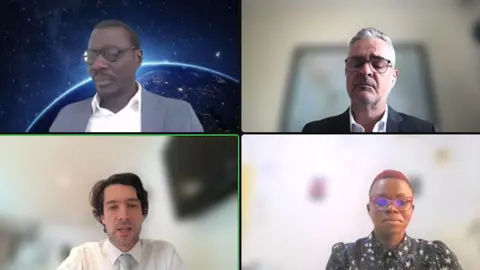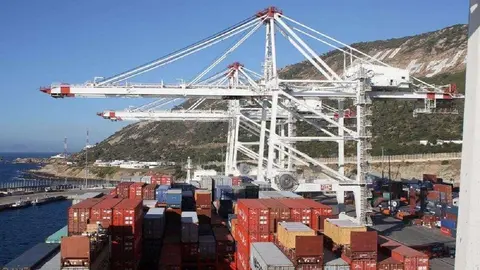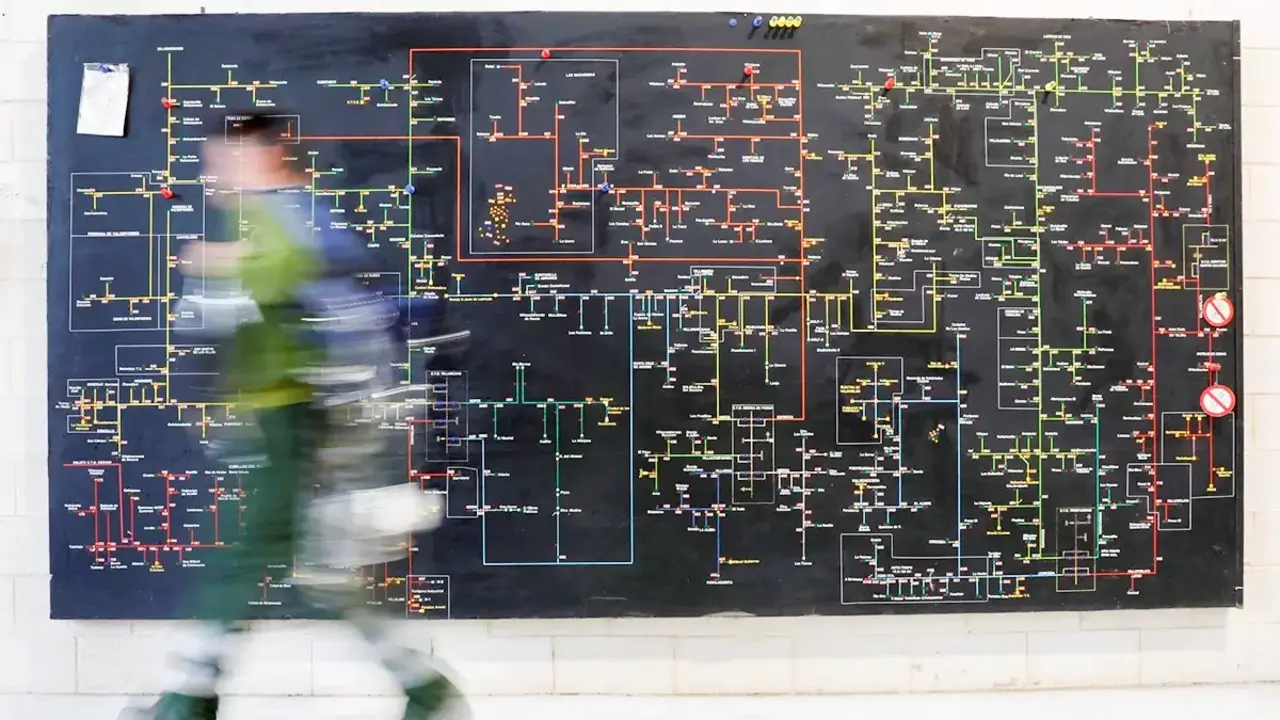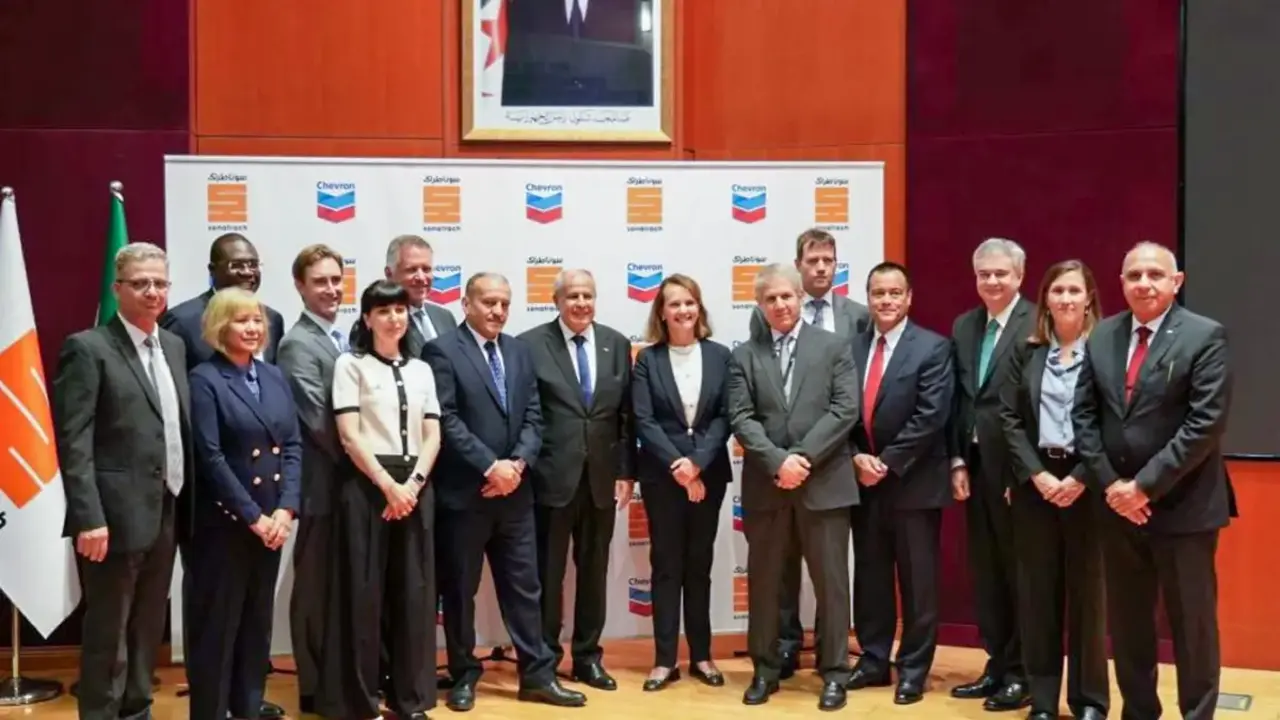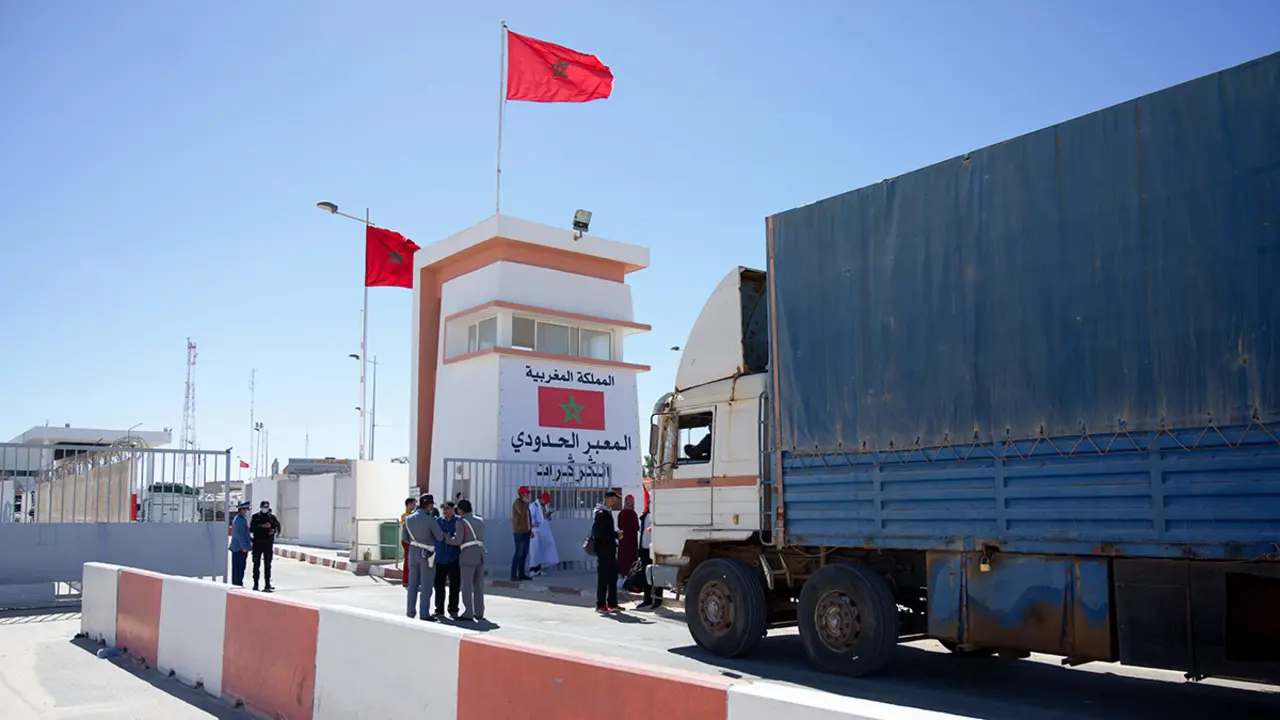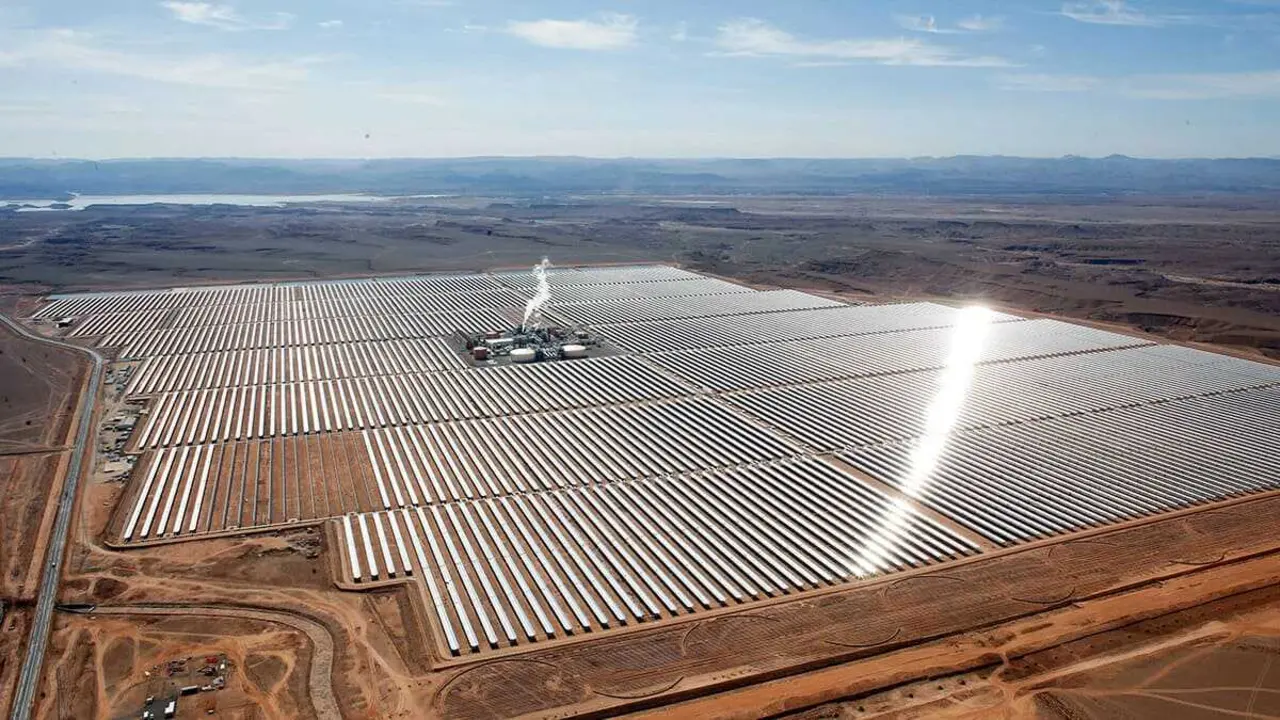Africa needs to create new shipping hubs as important as Tangier Med
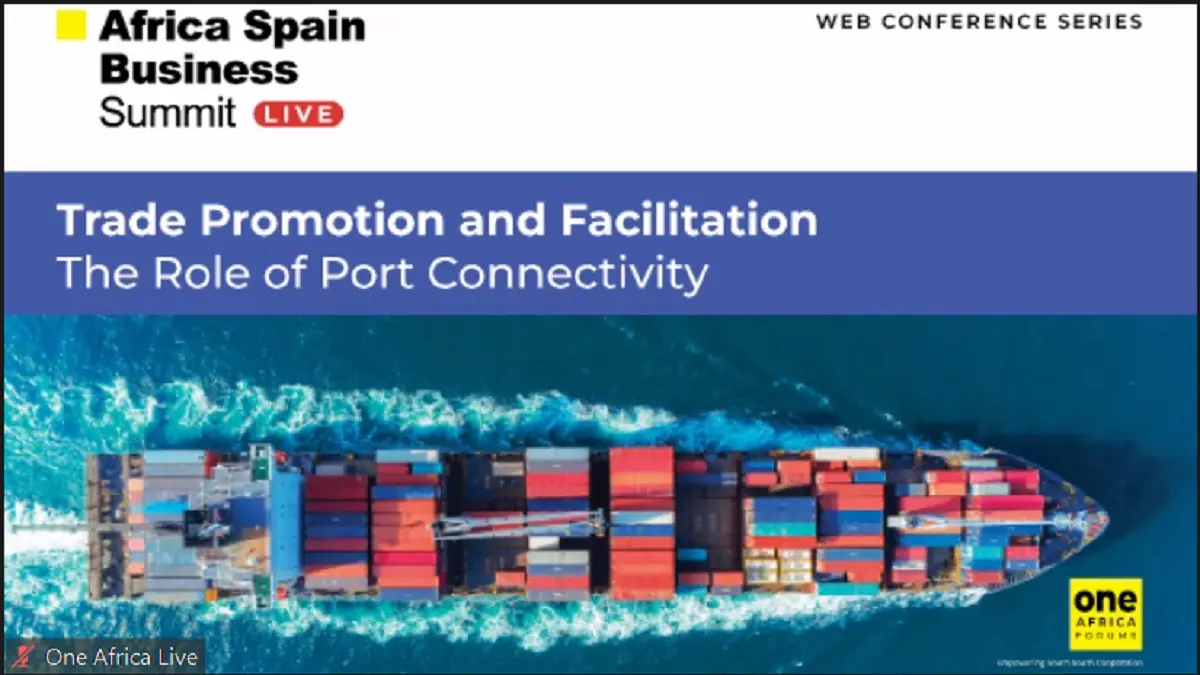
The virtual day, under the title "Trade promotion and facilitation: the role of port connectivity", was moderated by David Garay, managing partner of Indegate Consulting, and included the participation of Michael Mama, director of Operations of the Kribi Port Authority (Cameroon); and Amaury de Féligonde, managing partner of the consultancy firm Okan Partners.
Trade routes
In his first analysis of the situation of trade routes between Europe and Africa, Michael Mama stressed that Africa's main suppliers at present are China and Vietnam, "although it is also very important to improve business with Europe. In fact, Spain is Cameroon's fourth biggest importer".
For the head of the Cameroonian port, "to develop new maritime routes, governments have to go ahead and seek alliances with other countries to expand their business in other markets. In the case of the European Union, their strict regulations make trade with Africa difficult, as they are obliged to make numerous reforms to adapt".
For his part, Amaury de Féligonde of Okan Partners pointed out that "internal trade in Africa cannot be boosted if the industrialisation of the different countries is not developed. There are countries such as Morocco or Benin that have the capacity to transform raw materials, which allows them to export manufactured products, adding value to exports.
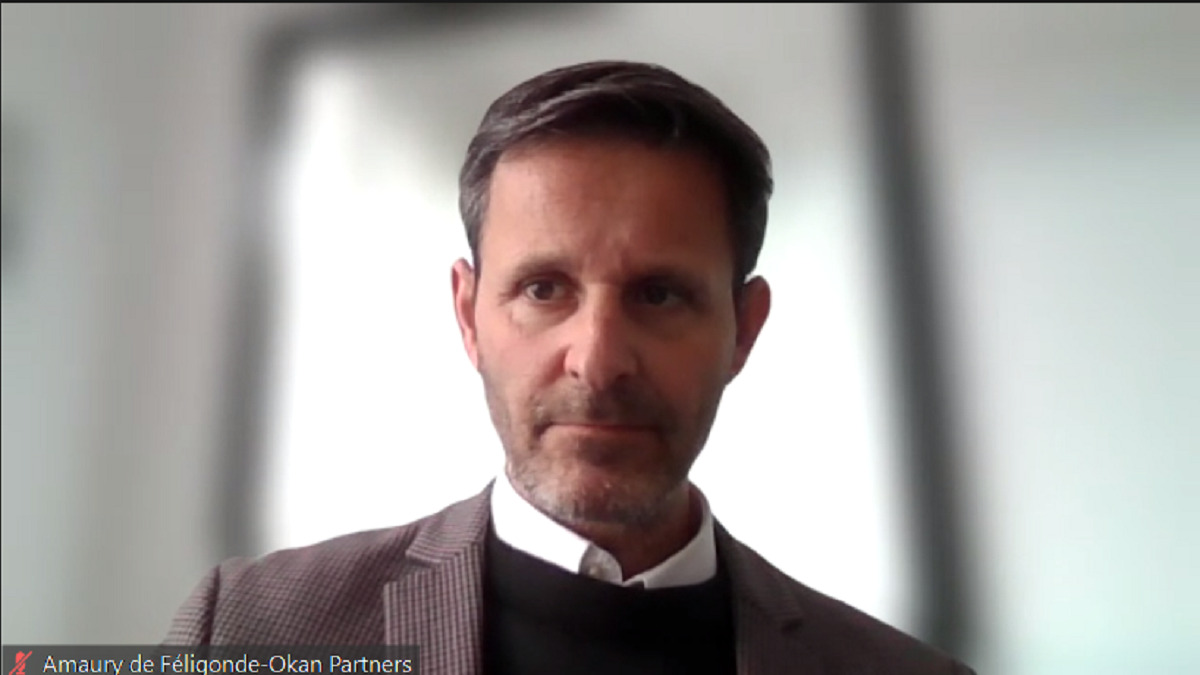
Tangier Med
De Féligonde acknowledged that "there are very important hubs for maritime trade in Africa. One of them has appeared practically out of nowhere in the last 20 years, Tangier Med, and has become the main port on the African continent. In 2023, the port managed to rank among the top 20 world ports for the first time, which was undoubtedly a milestone for Morocco and for Africa".
David Garay agreed that "Tangier Med has been a turning point for world trade, and the third phase is already under construction. It is a strategic project that has put Morocco on the world map of maritime routes. With the current problems of transit through the Red Sea, Tangier Med is facilitating market access to new routes".
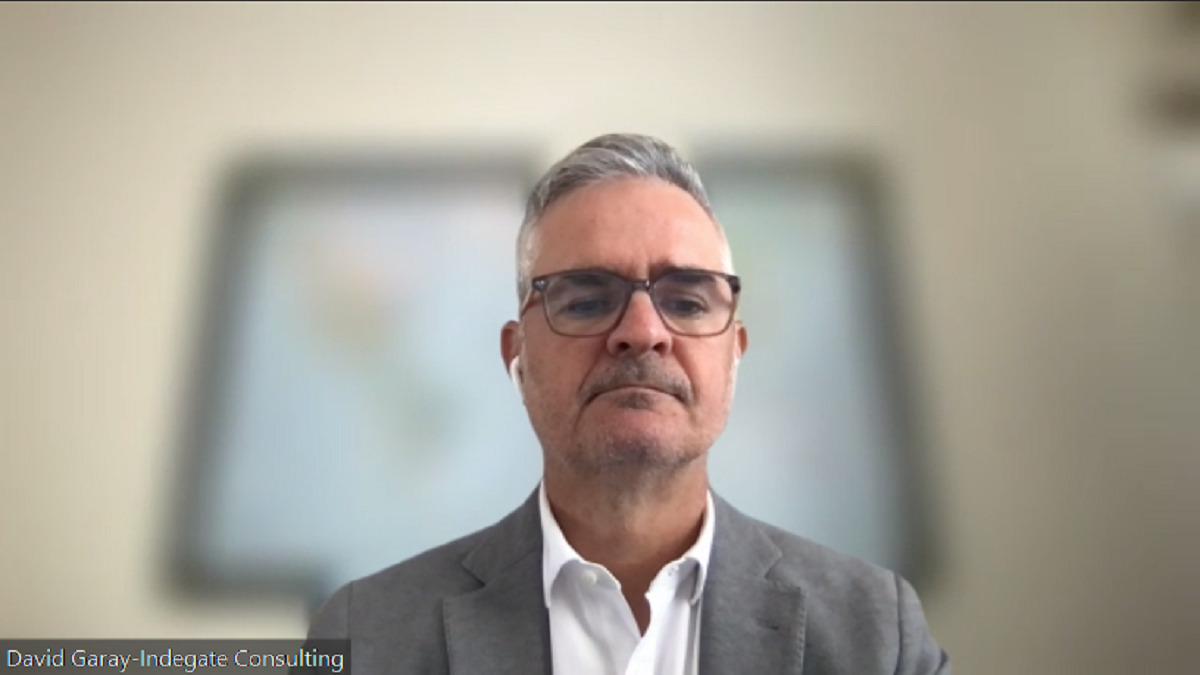
Investments
Another point of discussion was the need to increase investment in infrastructure. In this respect, Michael Mama said that "if we want to develop trade, we need to invest in infrastructure, increase capacity, modernise facilities and increase productivity. This includes developing dedicated terminals and connecting the various logistics platforms, building on public-private efforts.
According to Amaury de Féligonde, "the problem when we talk about Africa is that it is a very large continent, with 54 countries that are very different from each other. Morocco, Egypt and South Africa have invested considerably in infrastructure and are ahead of the rest. In a second line would be Cameroon, with the port of Kribi; Nigeria, which is almost a continent in itself, with the complexity of the port of Lagos. It is also necessary to develop transport corridors with Niger, Ethiopia and Uganda so that they have access to the sea, either by rail or river".
According to the Okan Partners partner, "for all these projects, such as linking the major African capitals, a huge investment in infrastructure is needed, which can only come from public-private partnerships".
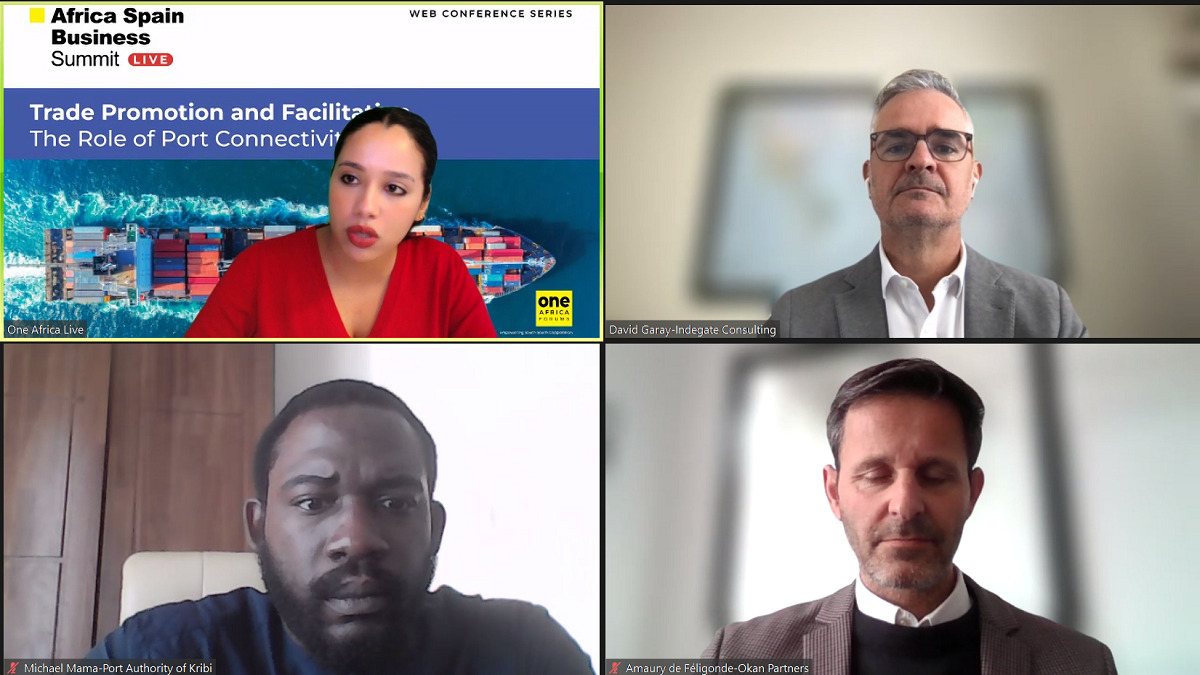
Challenges
As for the challenges of the future, De Féligonde bet on intelligent investment and efficient processes, so that the traffic flows in the ports: "many ports were in the centre of the cities, which complicated the access of the goods, because they had to cross the cities. That is why, for the last 10 to 12 years, investments have been made to move these ports out of the cities, improving access roads and logistics".
Michael Mama explained that "it is necessary to improve territorial connections with the hinterland, building motorways between the main cities, developing railway projects between the main logistics centres... Digitalisation is also a challenge, which will help the port to facilitate traffic for the different operators, reducing the time of operations".
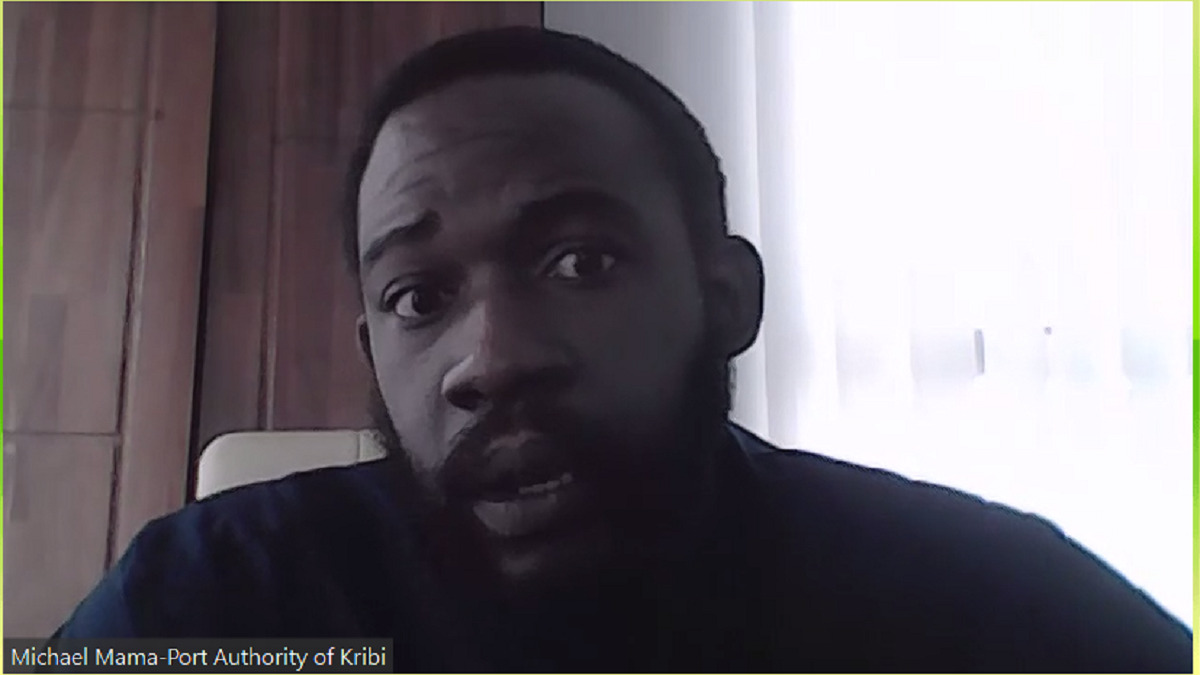
Garay also pointed out as a challenge "to improve connectivity between African countries, developing industries for the transformation of raw materials, giving them access to electrical energy, creating infrastructures and a legal framework to develop everything".
De Féligonde concluded: "We have seen many improvements in Africa over the past years, but there is still a lot to do. The demographic explosion means that countries are changing rapidly: even if investments are made, investments will always lag behind these demographic changes. And there is also a need for downstream industries to employ all these young people, to create value for the products and give them a better market outlet".

